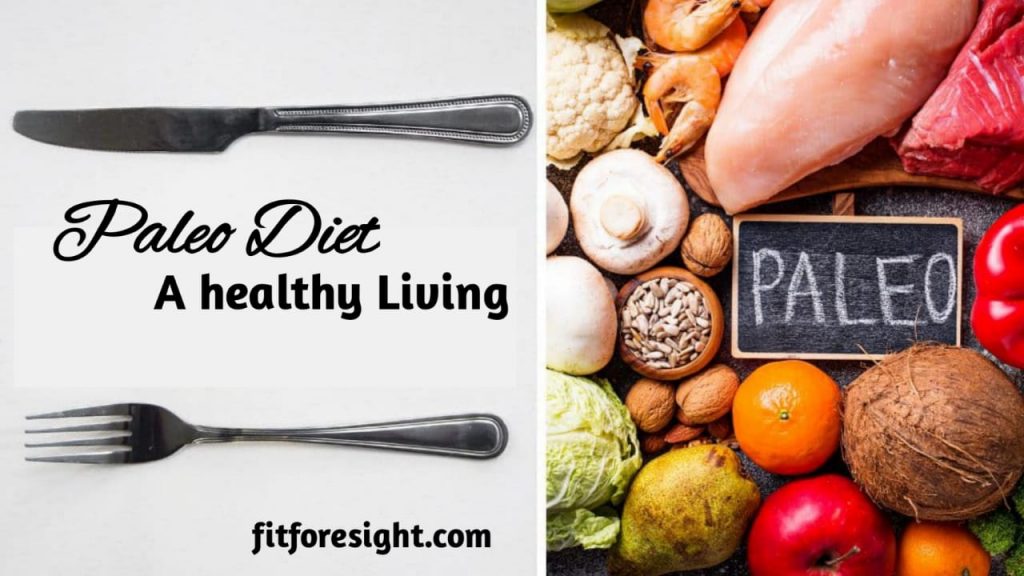Unearthing the Secrets of Our Ancestors’ Eating Habits
In a world filled with diet trends and nutritional fads, the Paleo diet stands out as a unique approach to eating that harks back to our ancestral roots. Also known as the Paleolithic or caveman diet, it’s based on the idea that our bodies are best suited to the foods our hunter-gatherer ancestors consumed thousands of years ago. In this article, we will unearth the secrets of the Paleo diet, including its principles, food choices, and the potential health benefits it offers.
Understanding the Paleo Diet
The fundamental concept behind the Paleo diet is simple: eat the way our prehistoric ancestors did. This means focusing on whole, unprocessed foods and avoiding modern dietary staples like processed grains, refined sugars, and dairy products. The rationale is that our bodies have not had enough time to adapt to the drastic dietary changes that have occurred since the advent of agriculture, and as a result, these new foods can lead to various health issues.
Key Principles of the Paleo Diet
- Emphasis on Whole Foods: The Paleo diet centers around consuming whole, natural foods. This includes lean meats, fish, poultry, eggs, vegetables, fruits, nuts, and seeds. These items make up the core of the diet.
- Avoidance of Processed Foods: Processed foods, which often contain additives, preservatives, and artificial ingredients, are strictly off-limits in the Paleo diet.
- No Grains or Legumes: Grains, such as wheat, oats, and rice, and legumes, including beans and lentils, are excluded because they were not part of the Paleolithic diet.
- No Dairy Products: Dairy items like milk, cheese, and yogurt are omitted due to their relatively recent introduction to the human diet.
- Healthy Fats: Healthy fats from sources like avocados, nuts, and olive oil are encouraged for cooking and flavor.
- Limited Sugars: Refined sugars and artificial sweeteners are avoided, with natural sweeteners like honey and maple syrup used sparingly.
Health Benefits of the Paleo Diet
Proponents of the Paleo diet claim numerous health benefits, although scientific consensus is still developing. Some potential advantages include:
- Weight Loss: The focus on whole foods and the elimination of processed options can support weight management.
- Improved Blood Sugar Control: By reducing refined sugars and carbohydrates, the Paleo diet may help stabilize blood sugar levels.
- Better Heart Health: A diet rich in lean proteins, healthy fats, and vegetables can promote cardiovascular health.
- Enhanced Digestion: Eliminating grains and legumes may alleviate digestive issues in some individuals.
- Reduced Inflammation: The diet’s anti-inflammatory properties may help with conditions like arthritis and autoimmune diseases.
- Increased Energy: Advocates report higher energy levels and improved overall well-being.
Is the Paleo Diet for Everyone?
While the Paleo diet has its merits, it may not be suitable for everyone. People with certain medical conditions or dietary restrictions may find it challenging to adhere to. It’s essential to consult with a healthcare professional before making any significant dietary changes, especially if you have specific health concerns.
The Paleo diet offers a unique perspective on nutrition, drawing inspiration from the eating habits of our ancient ancestors. While it may not be a perfect fit for everyone, its focus on whole foods, elimination of processed items, and potential health benefits make it a compelling option for those seeking a healthier lifestyle. If you decide to explore the Paleo diet, remember to approach it with balance and consult a healthcare professional to ensure it aligns with your individual needs and goals. In doing so, you can tap into the wisdom of the past while nourishing your body in the present.

